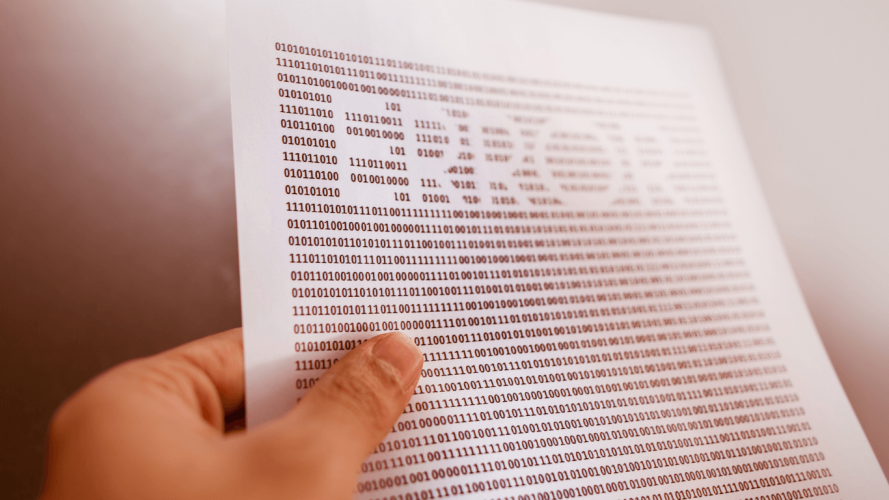Your credit report and credit score are used to determine your creditworthiness when you apply for a credit card or loan. This information may also be used as part of the decision-making process by insurance companies, cell phone companies, and potential landlords or employers. Since the information on your credit report is so important, the last thing you want is for credit bureaus to report incorrect information. Here are 5 things you can do to spot a mistake on your credit report.
- Check for Errors in Personal Information
Incorrect addresses or misspelling of your name are a red flag. They may mean that someone else’s personal information may be mixed up with yours on your credit report, which could be an error or could be a sign of identity theft. If you find errors in your personal information, take extra care to make sure there are not any accounts you don’t recognize.
- Check Account Status on Each Account
A common error on credit reports is incorrect status. Accounts you have closed may appear on your credit report as still open, or accounts may appear with incorrect opening dates. If you’re an authorized user on an account, you may find that account on your credit report listing you as the primary owner of the account. Make sure there are no duplicate entries.
- Review Account Balances
Creditors only update the information on your credit report once a month, so the balance on your credit report may be slightly different than what you have in your records. Make sure there isn’t more than a small discrepancy between what you think you owe and what’s being reported. Also, make sure that credit limits on revolving accounts are reported correctly.
- Look for Incorrectly Reported Late Payments
If a lender posts a payment incorrectly, your credit report may reflect an account as having a late payment or a payment missed altogether. A single payment past due of more than 30 days can damage your credit for seven years. Keep records of when payments are made, and dispute any payments being reported as late that were paid on time.
- Look for Outdated Items
If you’ve had negative items in the past such as accounts in collection, bankruptcy, or foreclosure, there’s a limit to how long they can stay on your credit report and continue to impact your credit. Most items must be removed by seven years from the day you first were delinquent. Chapter 7 bankruptcy can stay on your credit report for up to 10 years from the filing date but should be removed once that time has passed.
Getting Mistakes Corrected
When you find a mistake on a credit report, dispute it directly with the credit bureau that’s reporting it. If you need help with this process, your best bet is to let Dovly take care of it for you. Dovly is an AI credit engine that has helped thousands of people have inaccurate items removed from their credit reports. Try it risk-free with our free membership tier. Contact Dovly today.



